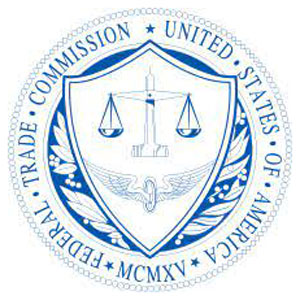The Federal Trade Commission’s (FTC’s) recent decision to preempt state laws and prohibit companies from using non-compete agreements appears to be on hold for now.
 Less than a day after the FTC voted on April 23 to ban non-compete agreements for nearly all workers, pro-business groups filed lawsuits contesting the decision.
Less than a day after the FTC voted on April 23 to ban non-compete agreements for nearly all workers, pro-business groups filed lawsuits contesting the decision.
Pest control companies may use non-compete agreements, which restrict where and when an employee can work after employment with the company ends, to preserve customer contact lists or protect proprietary information.
Rule requirements
In its decision, the FTC said non-compete agreements are an “unfair method of competition” and violate Section 5 of the Federal Trade Commission Act. The FTC defines a non-compete agreement as a term or condition of employment that prohibits a worker from, penalizes a worker for, or functions to prevent a worker from:
- Seeking or accepting work in the United States with a different person where such work would begin after the conclusion of the employment that includes the term or condition
- Operating a business in the United States after the conclusion of the employment that includes the term or condition
If the ban is upheld, the rule would go into effect 120 days after it is published in the Federal Register. When that happens, employers would no longer be allowed to:
- Enforce existing non-compete agreements, except those signed by senior executives (the FTC defines a senior executive as an employee who earns more than $151,164 a year and has a “policy-making position”)
- Require employees to sign new non-compete agreements
An exception would allow non-compete agreements for the seller and the buyer of a business.
The FTC rule would require employers to notify employees that their non-compete agreements are no longer in effect and will not be enforced. The FTC offers a template on its website that employers can use to notify employees of the change.
Alternative agreements
The U.S. Chamber of Commerce is one of several groups that filed in federal court a lawsuit against the FTC, less than 24 hours after the FTC issued its decision, alleging the FTC does not have the power to issue and enforce its ban on non-compete agreements.
Congress has not given the FTC explicit authority to ban non-compete agreements. Lawmakers have attempted to address the issue by introducing bipartisan bills, such as the Workforce Mobility Act and the Freedom to Compete Act, according to a report in The Hill.
Alternatives to non-compete agreements include non-disclosure and non-solicitation agreements that meet local, state and federal law.
The FTC issued in January 2023 a proposed rule to ban non-compete agreements. During the 90-day public comment period, it received more than 26,000 comments of which 25,000 voiced support of the proposed ban. After carefully reviewing each comment, the FTC said it based changes to the proposed rule on the input it received.
Leave A Comment